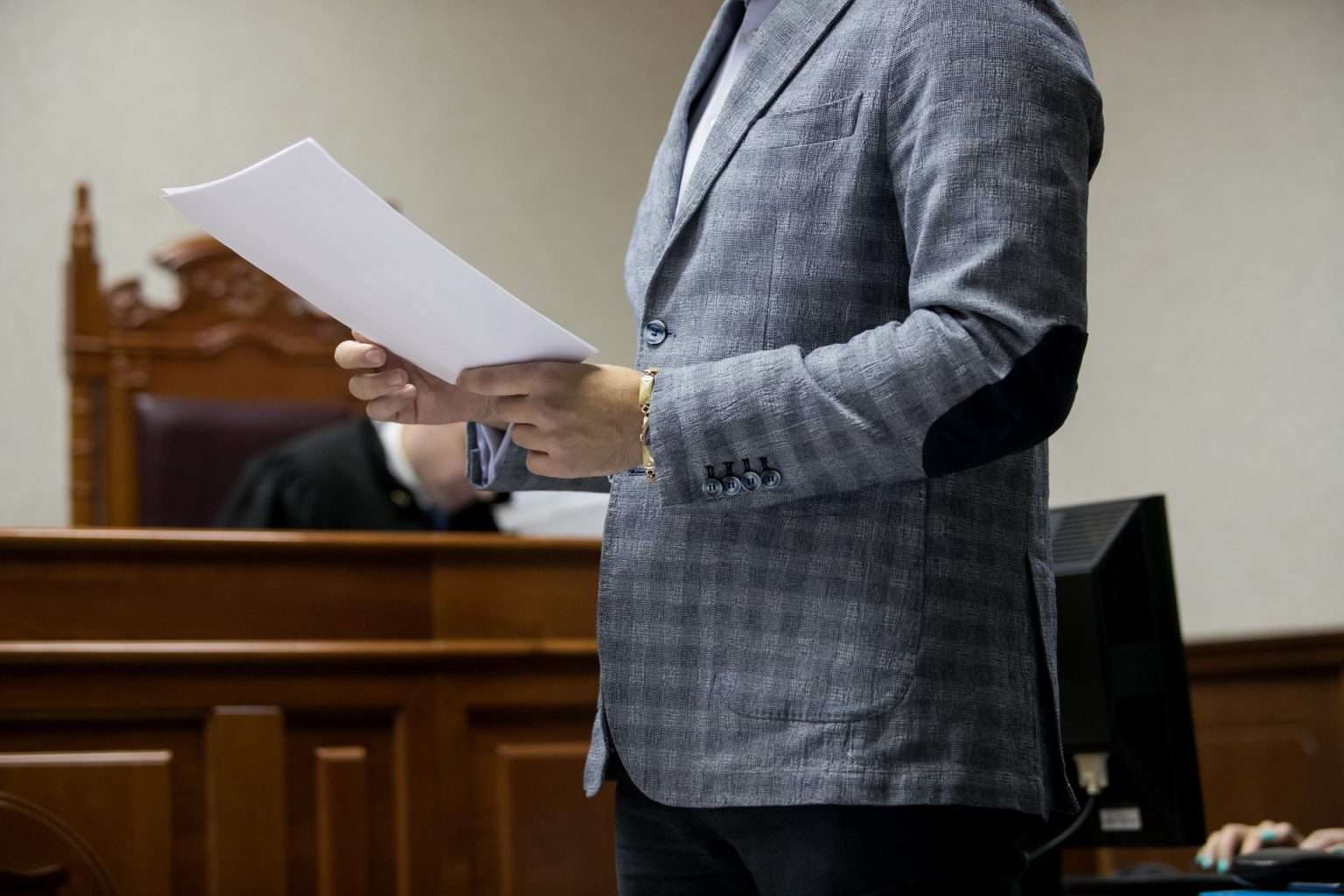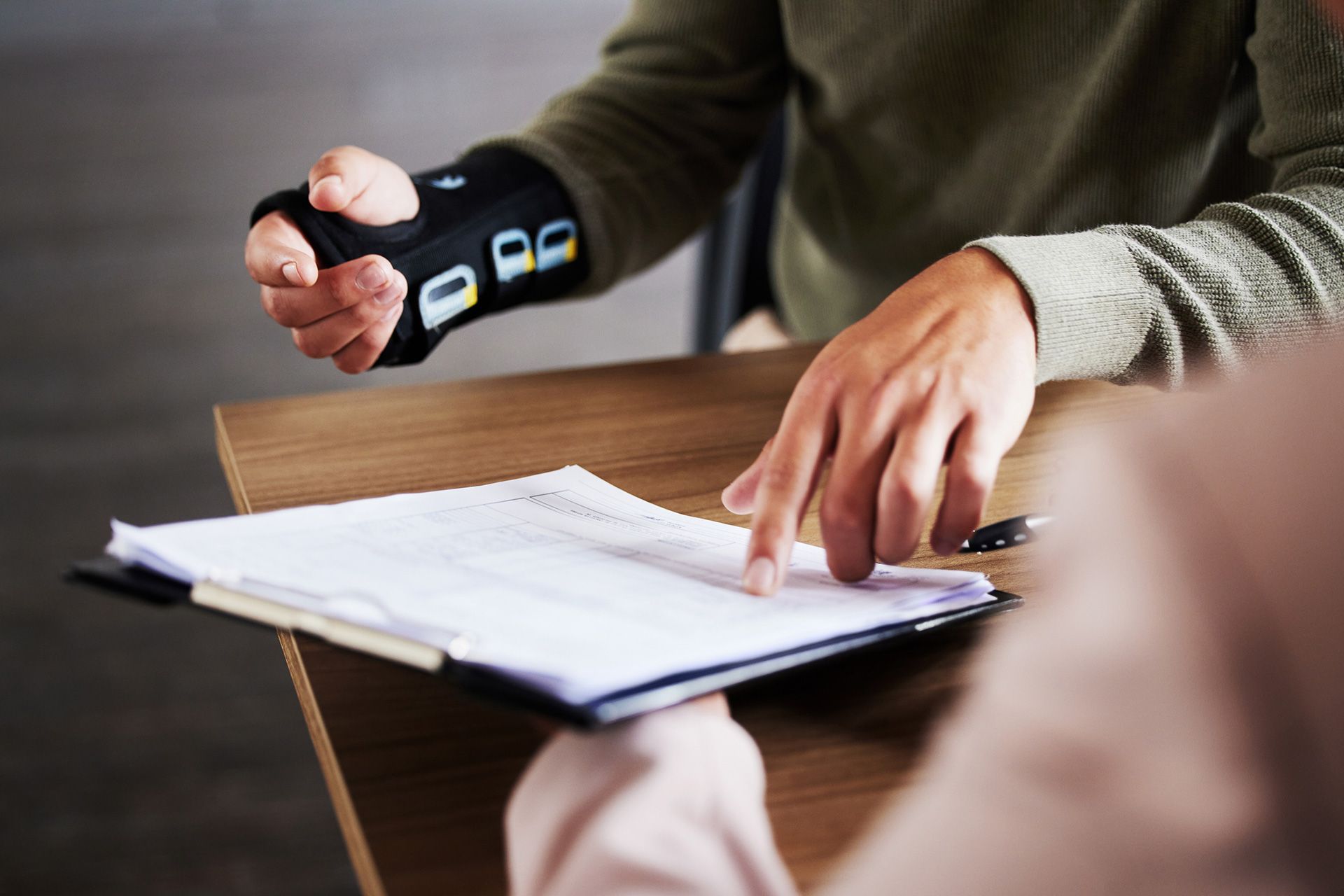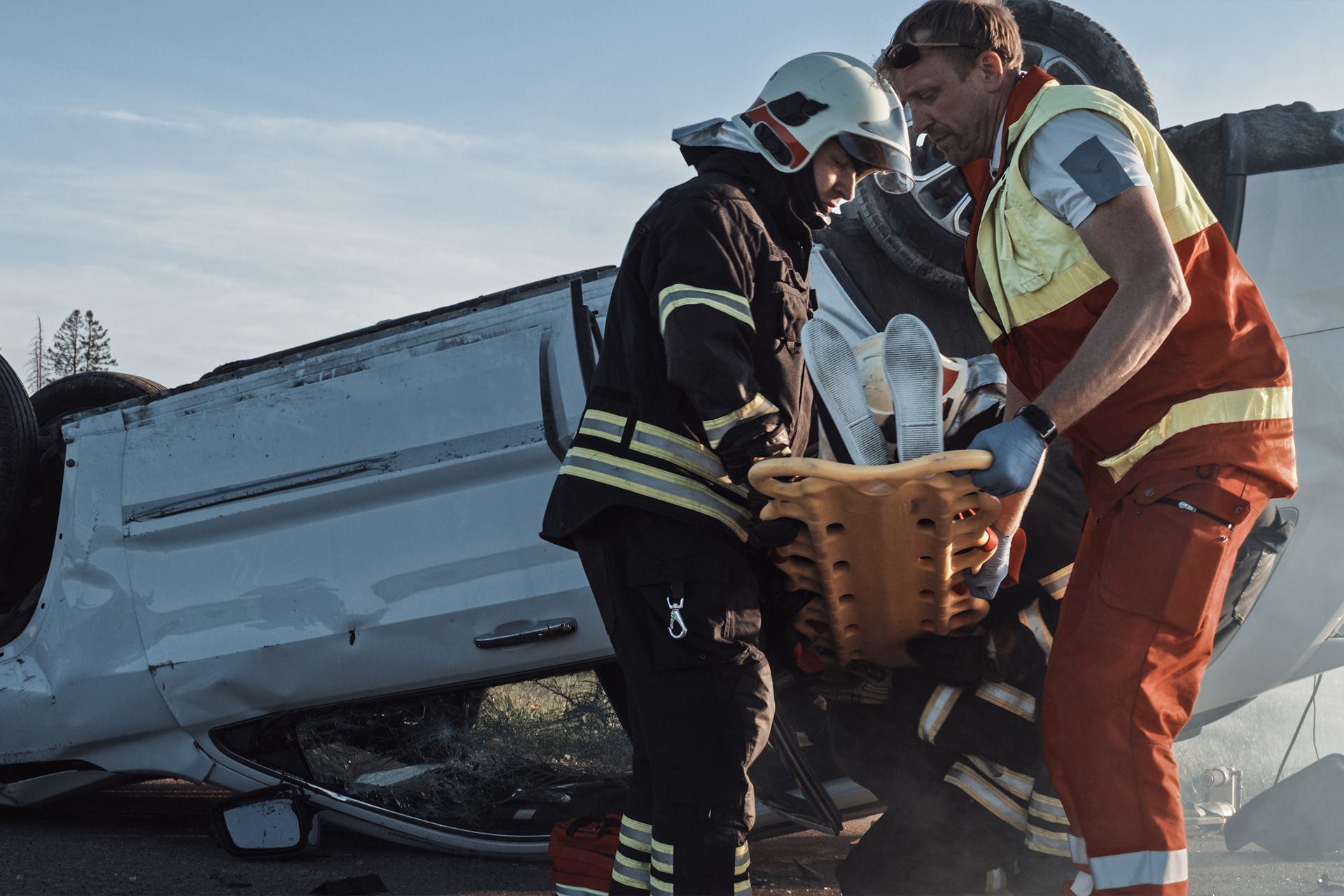Case Study: The Weight of a Disability Hearing Vocational Expert’s Testimony

Sometimes the best and easiest way to learn about something is to experience it yourself. You cannot learn to drive by watching a car race, and you cannot learn to draw by going to an art gallery.
Accordingly, when it comes to understanding what a vocational expert does, and how he or she can help your case, reading actual cases involving vocational experts is the way to go.
In this article, we will give a quick overview as to what a disability hearing vocational expert does, and then take a look at a recent case handed down in the District Court of New Jersey. It is the case of Miller v. Commissioner of Social Security , decided May 8, 2020, and it provides a great glimpse into the mechanics behind a Social Security disability appeal. In addition, it provides an interesting insight into the role vocational experts play in Social Security disability cases .
If, after reviewing this article you have additional questions or need a vocational expert for your personal injury, disability, or divorce case , consider us at Occupational Assessment Services, Inc. – OAS.
We are one of the most experienced employability and life care planning firms in the United States. To discuss your case, call us at 1-800-292-1919 , contact us at a location near you, or through our online form .
The Role of a Disability Hearing Vocational Expert
1. To Educate the Judge
In any legal proceeding, an “expert” is someone with specialized training and knowledge who can give an informed opinion about a particular set of facts or certain areas of expertise. The expert is not advocating for any particular outcome. Rather, the expert is there to educate the judge or Administrative Law Judge (ALJ) on a defined topic or issue.
With regard to a vocational expert, his or her area of expertise is, as you would expect, on matters of work, of vocations. Accordingly, a vocational expert is involved in a case to educate the judge on all matters involving occupational skills. In Social Security hearings, an ALJ will typically rely on a vocational expert to help determine whether or not a particular claimant can do a particular job, or if his or her acquired skills are transferable to other occupations.
The vocational expert’s impartiality, as noted, means the expert has no stake in the outcome of the case and is not there to take sides.
2. The Training of a Vocational Expert
Generally, a vocational expert is
1. Well-versed in the skills required for different occupations,
2. Understands current job trends,
3. Has an appreciation for the earning capacity of different occupations, and
4. Is a student of labor market conditions.
A vocational expert will have some background in job placement and vocational counseling; Also, he or she will have a facility with the Dictionary of Occupational Titles (DOT), which categorizes various occupations into different job codes.
For any specific SSA appeal, the vocational expert will spend time reviewing the evidence supporting a claimant’s disability claim. Then, the vocational expert will make some conclusions regarding the claimant’s work history; skill level; physical and mental demands of a number of occupations; and the transferability of various skills to different jobs.
Notably, a vocational expert’s focus is on work history and occupational issues, not medical issues. An ALJ will not rely upon the vocational expert to give an opinion on a claimant’s medical condition.
Miller v. Commissioner of Social Security
Recently handed down, the Miller case came to the federal district court after the plaintiff’s social security benefits were denied by the Social Security Administration. Plaintiff Miller appealed to the federal district court.
1. Factual Background
With regard to the facts, Plaintiff Miller was in a serious car accident, during which he sustained a number of physical and mental injuries. A hearing was held before an ALJ to determine whether the Plaintiff was eligible for disability benefits.
At the hearing, Plaintiff presented a vocational expert, who had previously conducted an employability and earnings capacity evaluation of the Plaintiff. Based on his evaluation the vocational expert concluded that the Plaintiff was “unemployable for any job existing in the competitive labor market.”
Also during the hearing, the ALJ considered the testimony of the Plaintiff’s treating doctor. In contrast to the vocational expert, the doctor concluded that the Plaintiff could do light duty work that did not require lifting or driving, which he later revised to a conclusion that Plaintiff could return to full duty with no restrictions.
The ALJ weighted the doctor’s opinion more heavily, giving no weight to the vocational expert, and found the Plaintiff “not disabled.”
2. District Court’s Decision
The main friction point that the federal district court evaluated on appeal was the weight that the ALJ gave to the vocation expert’s testimony in contrast to the doctor.
The district court took issue with the fact that the ALJ give very little weight to the vocational expert because he was not an “approved medical source or a recognized Social Security Administration vocational expert.”
The court concluded that the ALJ essentially did not look at the merits of the vocational expert’s opinion because he was not either an approved medical source or recognized SSA expert, and further concluded that the ALJ’s assessment was improper. There is no rule stating that a vocational expert must meet those criteria.
Thus, the ALJ’s decision was reversed, and the case was sent back to the ALJ to revise her decision in accordance with the district court’s holding.
Conclusion
As you can see from the Miller case, a vocational expert is a major part of a disability hearing, and his or her opinion may often determine the outcome of the case.
Let OAS Be Your Vocational Expert
The vocational experts at Occupational Assessment Services, Inc. (OAS) have over forty years of experience documenting the income potential and employment capacity of underemployed, unemployed, and disabled spouses in divorce cases.
OAS specializes in working with the plaintiff or defense attorney to assist in objectively documenting the economics in a case. From the initial referral to the trial testimony, OAS works with the retaining attorney so that the vocational asse s sment of the case can be objectively and efficiently presented.
We strongly believe in the importance of a clear and understandable presentation of the facts. OAS is the leading provider of Vocational Expert and Life Care Planning Services for Plaintiff and Defense attorneys.
The company specializes in assisting attorneys in evaluating earning capacity in divorce cases and documenting the damages in cases where an individual has been severely injured by providing objective findings on how the injuries affect a persons’ ability to work and earn money, as well as the cost of care required in catastrophic injuries.
OAS is your Vocational Expert & Life Care Planner Nationwide, with offices in New York, New Jersey, Connecticut, Pennsylvania, Georgia, Florida, Texas, Nevada, and California.
Occupational Assessment Services, Inc. is one of the most experienced employability and life care planning firms in the United States. To discuss your case, call us at 1-800-292-1919 , contact us at a location near you, or through our online form .
Disclaimer: The information on this website and blog is for general informational purposes only and is not professional advice. We make no guarantees of accuracy or completeness. We disclaim all liability for errors, omissions, or reliance on this content. Always consult a qualified professional for specific guidance.








